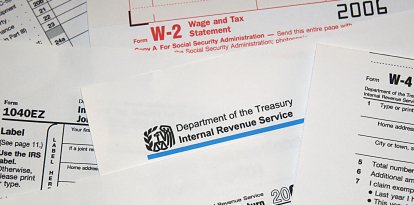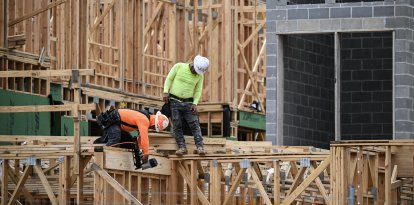Nearly four million tenants may be evicted from their homes in the next two months
Housing costs suffer their largest monthly increase since 1991. More than 8 million people were behind on their rent at the end of August.

(Pexels)
Data released by the Bureau of Labor Statistics show that housing costs, which include rent and other related expenses, suffered their largest monthly increase since 1991. Household expenditures increased by 0.7% in August compared to the previous month and by 6.2% compared to the same time last year.
Rising housing-related costs account for about 30% of consumer inflation as reported by the Department of Labor.
3.8 million renters may face eviction
Rent increases are negatively affecting millions of households. According to the Census Bureau, 8.5 million people were behind on their rent at the end of August. 3.8 million of those tenants say they are very likely to be evicted in the next two months.
Data from Zillow, a real estate firm, reveals that the average monthly rent in the month of August was about $2,090. This represents an increase of 12.3% over the previous year. However, the comparison is even more overwhelming when referencing 2020 data. Just prior to the pandemic, the average monthly rent was $1,660, or about 30% less than the current price.
Thomas Wade, director of financial services policy for the American Action Forum, told Just the News that for decades there have been many factors contributing to the current housing situation. The key to today's crisis of historically high inflation is due to massive government spending backed by Congress.
Mortgage payments increase by 38.5%
A Freddie Mac survey found that the average rate on a 30-year fixed mortgage rose to 6.02% this week, up from 2.86% a year ago. The last time rates were this high was in the midst of the financial crisis in November 2008, when the country was in a deep recession.
Since the beginning of 2022, the average mortgage payment has increased by 38.5%. A rough example would be going from paying $1,700 per month at the beginning of the year, to currently paying about $2,300. Economist Stephen Moore explained that interest payments on a 30-year mortgage for a $500,000 home increased by about $200,000 more over the life of the loan.
Daryl Fairweather, Redfin's chief economist, commented that most buyers don't have an extra 40% to invest in homes every month. As a result, many buyers had to abandon the rental market or opt not to buy a second home or investment property. At the same time, he reaffirmed that interest rates are at historical levels that haven't been seen since 2008:
Fairweather also noted that some of the larger cities such as San Francisco and Los Angeles are seeing the biggest impacts in price increases.























